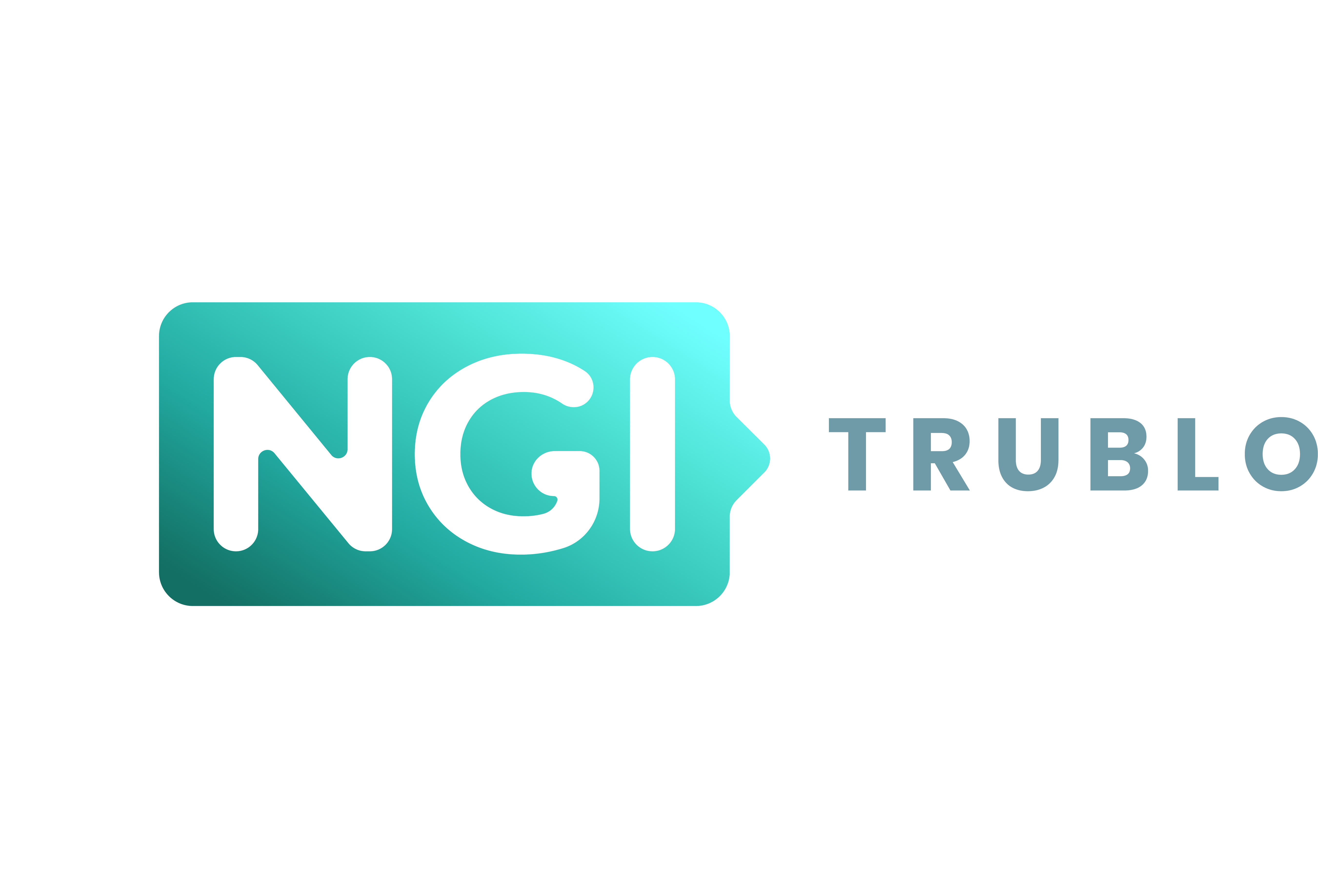Updates this week:
TRUST
Almost all iPhone users opt-out of being tracked
96% of iPhone users opt-out of app tracking, once they upgraded to IOS 14.5. The new operating system forces apps to ask users for permission to track. The usual answer: No, thanks. LINK
Fake customer reviews and why they are difficult to stop
Last week a data leak revealed a massive scam with fake reviews. Up to 200,000 users were paid to post five start reviews of products on Amazon. Now the company seems to have taken quick action, removing some sellers. LINK
People who joined ordered the products and were later refunded. The database containing the information on how this system worked was found by Safety Detectives. Fake reviews are a considerable trust problem. The issue is not easy to stop entirely:
”… what are platforms like Amazon doing to combat this issue? In 2019 alone, Amazon spent more than $500 million and employed more than 8,000 people to reduce fraud and abuse on its platform. And in our study, we found that Amazon was, in fact, deleting around 40% of these fake reviews — but it took them an average of more than 100 days after a fake review was posted to remove it.” Harvard Business Review
Increasing lobbying for digital currencies in the US
There is a considerable push in lobbying activities in the US, funded by companies who want to influence government regulation of cryptocurrencies and digital exchanges using blockchain. In March this year industry representatives had sent an 8-page letter with suggested actions to the president.
Further:
Lobbying disclosure records show at least 65 contracts as of early 2021 that addressed industry matters such as digital currency, cryptocurrency or blockchain, up from about 20 in 2019. Some of the biggest spenders on lobbying include Ripple, Coinbase — the largest cryptocurrency exchange in the United States — and trade groups like the Blockchain Association. LINK ($)
China seeks US patent for a blockchain-based DNS system
The DNS (domain name system) is a global system to connect IP addresses to website names. Now the Chinese government has filed for a US patent of an alternative system, which would compete with the network managed by ICANN.
”The China Internet Network Information Center (CNNIC), the internet division under China’s Ministry of Industry and Information Technology, filed a U.S. patent application (pdf) for a “Blockchain multi-party shared-governance-based system for maintaining domain name information.”
CONTENT
Big deals for content companies
Last week we saw several big deals for content companies:
- Kakao Entertainment from South Korea acquired serial fiction app Radish for $440 million. LINK
- In January 2021 a similar platform called Wattpad has been acquired by Naver, another entertainment company from South Korea, for $600 million. LINK
- Believe, a new type of music label from France wants to go public at a valuation of two billion. The music business has recently seen rising revenues after a long decline. LINK ($)
Fewcents aims to enable micropayments for articles, videos or podcasts
The idea is to offer an alternative to subscriptions or advertising. According to estimates, only 1 to 5% of all users are willing to sign up for a subscription. The Fewcents software would enable one time micropayments for content. The company already has customers in India and Asia. LINK
BLOCKCHAIN
The Economist expects the introduction of “Govcoins”
The Economist discussed the prospect of digital money issued by governments in a title story last week. If applied this could transform central banks into a new type of digital service bank. Everyone could have an account with the central bank in this new world of banking. One driver: Such a system could reduce transaction costs and lead to more safety. Ironically though, money would be more centralized, not less.
Such a “metamorphosis of central banks from the aristocrats of finance to its labourers sounds far-fetched, but it is underway. Over 50 monetary authorities, representing the bulk of global GDP, are exploring digital currencies.”
Digital Yuan moving forward
The Industrial and Commercial Bank of China (ICBC), one of the largest banks in the world by total assets, appears to have quietly allowed public users to activate China’s central bank digital currency wallet inside its mobile app LINK
Thank You for reading.
Do you have feedback or suggestions? Contact us
Photo by Green Chameleon on Unsplash


0 Comments